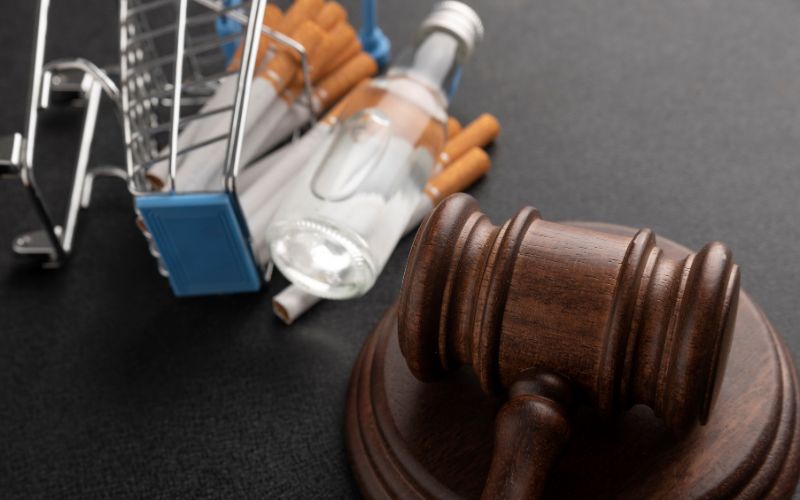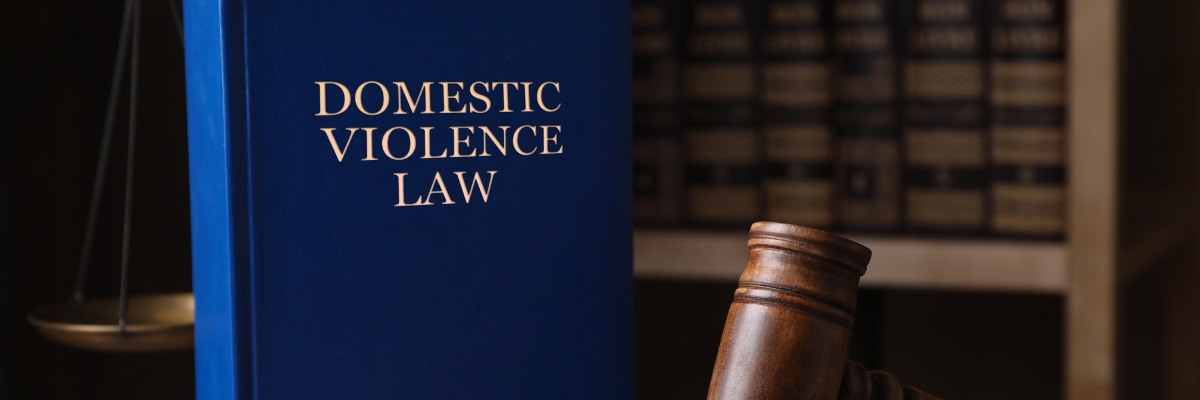For anyone unfamiliar with the criminal justice system, the process can be confusing and overwhelming. This is one of the many reasons why it is important to hire a lawyer who practices criminal law on a regular basis if you have been charged with one or more criminal offences. From start to finish, a criminal matter may take only a few weeks or month to resolve, or it may take a year or two to reach a conclusion. It may take even longer if there are appeals.
Understanding the Process and Communicating with Your Lawyer
Whether your matter is resolved at the first court appearance or is resolved at trial, it is important that you, as the client, understand how our criminal justice system functions and that your lawyer keep you informed every step of the way. Because criminal defence lawyers practice criminal law on a regular basis, it is easy for them to forget that most individuals are unfamiliar with how a criminal matter progresses through our courts. Criminal defence lawyers will often use legal language that is unfamiliar to you, and talk about events such as pre-trials and preliminary inquiries. Lawyers need to be vigilant that many of their clients are not familiar with the legal system, and therefore they must make every effort to ensure each client fully understands every step in the process.
It should be a common practice for lawyers to speak with their clients prior to each scheduled court appearance, so that the client is aware of what will transpire at court on that particular day. After each court appearance, a lawyer should again speak with his or her client and inform them with respect to what exactly transpired at court, when the next court date is, and what the next step in the process is. This practice should be adopted anytime a lawyer has a discussion or any other correspondence with an Assistant Crown Attorney, a police officer or any other party involved in the client’s criminal matter. If you have not heard from your lawyer, call him or her and ask them what is happening with your case and what the next step is.
Arrest, Release and Bail Hearing
Upon arrest, you will either be released by the police under your own recognizance or on a promise to appear, or you will be held in custody pending a bail hearing. If you are held for a bail hearing, you will be brought before the Court within 24 hours where you can conduct a bail hearing or have a bail hearing adjourned to a later date. For more information on bail hearings click here.
Disclosure
Disclosure is the evidence that the Crown Attorney will be relying upon to prove the case against you. Often not all of the disclosure will be available on the first court date. Disclosure can include officer’s notes, video and written statements made to the police, police in-car videos, 911 audio clips, a list of any evidence seized, etc. Often a disclosure package will also include a Crown Screening Form, which sets out the Crown Attorney’s position on sentencing if a guilty plea is entered at an early date.
The Provincial Crown Attorney’s Office and the Federal Crown Attorney’s Office
Offences committed under the Criminal Code of Canada are prosecuted by the Provincial Crown Attorney’s Office, while offences under the Controlled Drugs and Substances Act are prosecuted by the Federal Crown Attorney’s Office. Where there are a set of charges involving both, offences under the Criminal Code and the Controlled Drugs and Substances Act, often one Crown Attorney’s Office will delegate those charges to the other Crown Attorney’s Office to prosecute.
The First Court Date and The Crown Pre-trial
If you have retained a lawyer prior to attending the first court date, you can sign a designation of counsel which allows your lawyer to attend court on your behalf so that you don’t have to. By signing a designation of counsel your lawyer can attend court, obtain disclosure, adjourn your matter for a few weeks, and arrange a Crown Pre-trial. The first court date is not a trial date. There will not be any witnesses present and you will not be provided an opportunity to present your case. Your options on the first court date are to either adjourn your matter for a few weeks so you can review the disclosure with a lawyer, or you can plead guilty, in which case your matter would be moved to another court before a judge to accept your guilty plea. Any competent criminal defence lawyer will tell you that you should always review the disclosure with a lawyer prior to contemplating entering a guilty plea.
Prior to arranging a Crown Pre-trial, your lawyer is going to want to meet with you and review the initial disclosure. Your lawyer can make a list of any outstanding disclosure the Crown Attorney has not provided and request that the Crown Attorney make any such disclosure available. After advising you of your legal options and obtaining your instructions, the next step is for your lawyer to conduct a Crown Pre-trial. These pre-trials involve your lawyer having a conversation with an Assistant Crown Attorney with a view of either resolving your matter or moving it forward to trial if no resolution can be achieved. Most Crown Pre-trials are held over the phone and can range from 10 to 30 minutes.
If your matter cannot be resolved by a Crown Pre-trial then your lawyer will attend court on the next scheduled date and advise the Court that a Crown Pre-trial has been held and the matter needs to be adjourned to a date in the future so that your case can proceed to the next step in the process.
Be sure to read Part 2 to understand how your matter will proceed to trial if it cannot be resolved after a Crown Pre-trial.
Contact
If you have any questions about how our criminal justice system works or if you have been charged with a criminal offence, contact me today.






